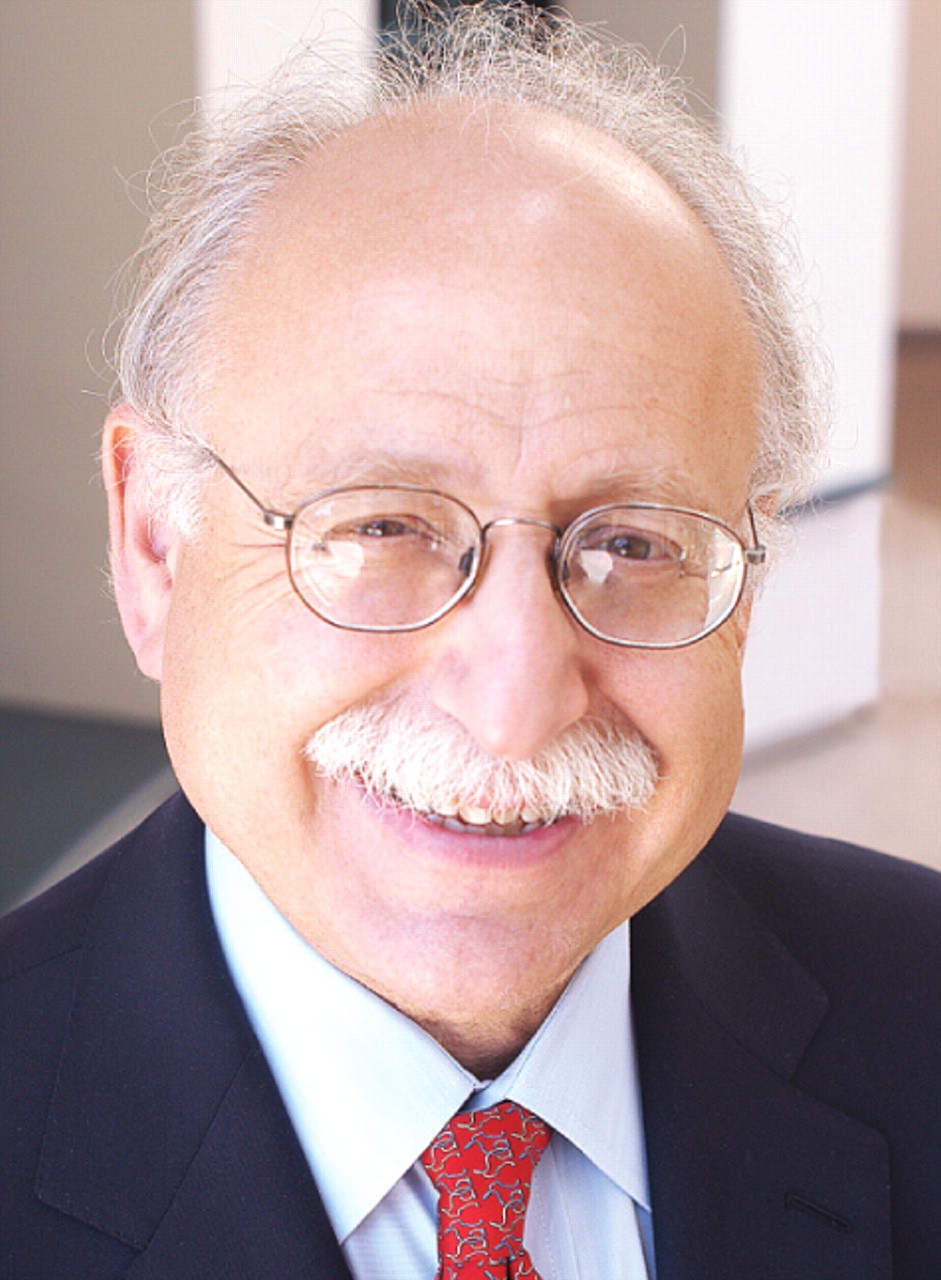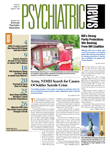Recent e-mail traffic leads me to clarify some issues for our members about the process for revising the
DSM (see
APA Disputes Critics of DSM-V Process). The
DSM is one of the many initiatives that APA undertakes for its members and the field overall.
The DSM took a more formalized, criteria-based approach with DSM-III, and that approach has continued to the present. The DSM serves multiple purposes. It is the official classification of psychiatric disorders, and each revision has improved our ability to classify and understand psychiatric disorders. It serves as a base for research and allows for reliable communication among practitioners. It also has a practical application in providing a platform for billing, particularly in its coordination with the International Classification of Diseases. The DSM has an educational function as well—for medical students, psychiatry residents, and other physicians, as well as for students in psychology and other mental health disciplines.
The development of the DSM requires a large cast of members and consultants with a wide range of expertise who are distributed across work groups. These groups consider the data available in published literature as well as the results from a series of conferences sponsored by NIH. Production encompasses a number of steps, including the drafting of the classification and syndrome criteria, field testing, additional review, and printing. The process for each edition takes years of work and requires great dedication by participants. And for this edition, the Board of Trustees set requirements for participation that included disclosure of sources of compensation, as well as divesture of significant funding from industry.
The history of the DSM has often included controversy, with various groups arguing for or against various inclusions—for example, homosexuality and gender identity disorders—and this edition is no different. In addition to controversies about specific inclusions, there have been critiques based on topics such as relationships to industry, confidentiality, openness of the process, and degree of change. Unfortunately, the news media thrive on controversy, and some of these discussions have detracted from the hard work of the DSM task force and work groups and provided ammunition for those who are anti-psychiatry as a science and opposed to treatment.
APA has devoted immense resources in terms of scientists' and clinicians' time and expertise as well as funds to develop a scientifically and clinically based nomenclature that psychiatrists around the globe can use. It remains something that we are proud of and is of enormous value to the field.
APA has been assiduous in avoiding conflicts of interest of task force members by strict vetting. This extensive process has taken much time, energy, and resources of APA staff and leaders, as well as participants. APA also has asked task force members to sign nondisclosure agreements to protect APA's intellectual property.
The key points of task force discussions have been posted on the Web and have been presented in numerous public forums nationally and internationally. Those who criticize the process on the basis of secrecy are simply wrong. It is precisely because the DSM-V development process has been so public that anyone can kvetch about one point or another in a blog or various publications and other media outlets. Unfortunately, these questions or criticisms can become distorted and/or misused in a way to promote negative views of psychiatry rather than inform our efforts. Dr. David Kupfer, chair of the DSM-V Task Force, and the task force members welcome input from other scholars and clinicians and appreciate the opportunities for collaborative and collegial interchange.
Now we are getting closer to field trials, and that transition has generated some disquiet on the part of participants and some critics. Are we ready? Are the changes needed or are they premature? Do they warrant a new DSM? What motivates a new edition? It seems to me that while DSM-V may not be revolutionary, science has progressed sufficiently that we need a new edition. It will keep us all involved in thoughtfully and critically approaching diagnosis and classification, and it allows for incremental progress toward future editions. That remains important even if the new DSM is not revolutionary.
Several years ago, the Board of Trustees assumed direct oversight of the DSM process from its inception. (Previous DSM task forces had reported to the Council on Research.) At our recent Executive Committee retreat, we set up a Board task force to provide even more oversight of the process. It will be chaired by Dr. Carolyn Robinowitz, a past APA president, and will include such leaders in the field as Drs. Jeffrey Lieberman and Daniel Winstead, the chair and vice chair of the Council on Research and Quality, respectively; Dr. Joel Yager, chair of the Steering Committee on Practice Guidelines; Dr. Victor Reus, chair of the Residency Review Committee for Psychiatry; Dr. Robert Freedman, editor in chief of the American Journal of Psychiatry; and others.
We believe the new task force will provide an additional layer of support and review as we consider each step in the development process. In addition, Dr. Kupfer is speaking with each of the work group chairs to see whether and in what way the current media attention may be detracting from their ability to get the DSM job done in the way in which they would like.
I am looking forward to the ongoing reports on our progress and to the results of the various field trials. For more information, please visit the DSM web site at<www.psych.org/DSMv.asp> and see future issues of Psychiatric News. ▪

